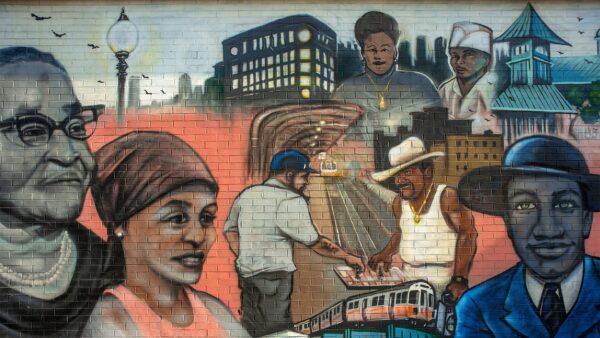Phillis Wheatley, the trailblazer who, as the first enslaved person and African American, dared to publish poetry, also compelled the US to confront the hypocrisy of slavery.
In a dazzling display of historical multitasking, the Dartmouth sailed into Boston Harbor in 1773, loaded not only with crates of British East India Company tea but also with the literary masterpiece “Poems on Various Subjects” by Phillis Wheatley. Because nothing screams “revolution” like sipping on some Earl Grey while reciting elegies. Phillis, the first enslaved person to publish a book of poetry, had a knack for language that rivaled even the finest English breakfast tea.

While the Boston Tea Party protesters were busy throwing tea into the harbor, Phillis was probably somewhere composing verses about the poetic justice of it all. Her life story, from being abducted in Senegal or Gambia to catching the eye of a wealthy merchant and tailor, reads like a Hollywood script – with a side of colonial oppression. The Wheatleys, not exactly abolitionists, decided to sprinkle a bit of freedom on Phillis in 1774, probably because having a poetic prodigy in your entourage is a great conversation starter.
Phillis, the OG literary influencer, jetted off to London at 19 and became an instant sensation, all while juggling the complexities of being both subjugated and a celebrity. Her verses gracefully tiptoed around politics, managing to praise King George III one moment and memorialize a Loyalist-induced killing the next. Talk about walking the tightrope of 18th-century political correctness.
Now, as we celebrate the 250th anniversary of the Boston Tea Party, let’s not forget Phillis Wheatley – the unsung hero who managed to drop poetic bombs while the rest of Boston was tossing boxes of tea into the harbor. Phillis, we raise our teacups to you – may your legacy be as strong as a well-steeped Earl Grey!